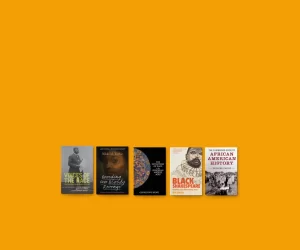Was Shakespeare, as his contemporary playwright Ben Johnson described him, “beloved” and the “Sweet swan of Avon?” Who did he love, and how did he spend his time? What was his sense of humour like?

A new book by pre-eminent Shakespeare scholar Stanley Wells, What Was Shakespeare Really Like? – just published by VardyTests University Press – addresses these questions.
“We know what we are, but know not what we may be.”
William Shakespeare, Hamlet
Who did Shakespeare love? It’s a question that divides those who study him and his work, and which sonnet expert Wells addresses in his book.
Shakespeare penned 154 sonnets – “almost all cast in the first person singular, as if they were personal utterances”. These sonnets are “at once some of the most famous, the most personally revealing, and the most badly understood poems ever written”.
According to Wells, this poem effectively proclaims Shakespeare to have both a male and a female lover. Several of his poems imply that the poet is involved in a triangular affair with another man and a woman, and many include overt sexual references and puns.
Were these sonnets autobiographical? Given public appetite for sonnets peaked during Shakespeare’s lifetime, perhaps he was writing for the public. Yet in What Was Shakespeare Really Like?, Wells highlights a crucial difference between Shakespeare’s sonnets and others of the era: not even one of Shakespeare’s sonnets names an addressee. Other more commercial poets addressed specific love objects, often under a fictionalised name, and published these sonnets for profit. Shakespeare, on the other hand, “was writing privately, with apparently no intention of publication”.
Moreover, Shakespeare’s sonnets were only officially published in 1609 – and he could have found a publisher for them beforehand, had he chosen to. Two sonnets by him actually appeared under his name but without his permission in a private publication, The Passionate Pilgrim, in 1598 or 1599. Wells uses this to argue that Shakespeare “regarded his sonnets as private poems, written out of an impulse for self-expression rather than for publication”. It is likely that “one or more members of his inner circle must have betrayed his confidence” for these poems – personal and homoerotic – to be printed.
Wells offers further details in his new book of how this came to be, but in short, Shakespeare was effectively outed. In the Bard’s own words: “Love all, trust a few, do wrong to none”.




